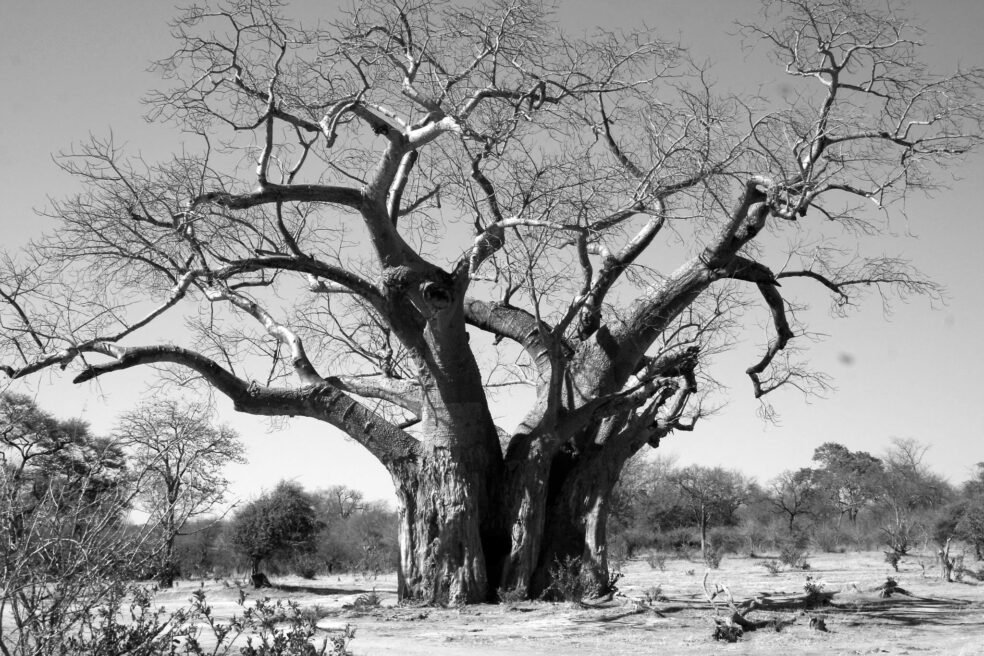I met with my spiritual mentor last week, and of course we talked about the Corona Virus and the fear, confusion and uncertainty it brings up. In combination with the fear, confusion and uncertainty surrounding the politics in our country, we are faced with waking up in the morning not really knowing what lies hidden in the terrain around us.
“We are in the wilderness,” she observed. Yes, we are in a wild, untamed place where we are not in charge. And our habit of being supported by what is familiar and seemingly certain has been shattered.
The wilderness is both the wild, untouched place in nature, where we have not really lived, and also the wild, untouched places within ourselves.
“And of course this being Lent, it brings to mind Jesus being called into the wilderness,” she observed. Hmmm, yes. And other avatars of faith traditions have been called into the wilderness. Moses, and all the Israelites. The Sufi mystics either rejected or were rejected by society, and lived in the streets—a kind of wilderness. In the Islamic “Night of Power,” Mohammed was isolated in a cave where he received the transmission of the Qur’an. Buddha attained enlightenment sitting alone under the Bodhi tree. In the Native American tradition, there is the Vision Quest.
So what is it about the wilderness that carries the well-earned reputation for being a holy experience? After all, when you’re cast into the wild, untamed places, it doesn’t seem particularly holy. Like the rest of the population, my questions of the moment are things like:
How do I get or make hand sanitizer?
Do I get on the plane and go see loved ones, or not?
Should I really stock up on extra toilet paper?
Am I strong enough to fight off a nasty virus if I get it?
These are questions that are mostly fear-based, and mostly about me and those I love. I do worry about the homeless, about those in rest homes and those around the world, but my questions are about survival. Fear shrinks our world to the survival level.
Let’s think about the holy wilderness “assignments.” Usually they involve going without food, water, sex, shelter and company. So the human experience with its human needs is stripped of the notion that those are actual needs. The seeker is rendered “helpless,” and surrenders the ego to the Divine and to the wild itself, having no defense but to trust Life. The exercise is about surrendering the body/mind’s survival fears so that something larger can enter your consciousness.
Whether you’re a seeker or not, you might think about this as part of the cycle of creation: deconstruction before reconstruction. “Chaos becomes a dancing star,” as Nietzsche put it. Something new can come out of an experience of being torn apart.
What if we frame our current dilemmas as an experience that either has the potential to be holy (if you’re a seeker) or at least creative (if you’re not.)? Now what questions emerge? Now I ask myself:
What am I being asked to see about my notions of what I need?
How can I deepen my trust of Life?
What remains True and Beautiful in spite of current circumstances? How can I focus more on that?
How might the Serenity Prayer help me and my loved ones now?
How might this global experience actually have the long-term effect of opening people’s hearts?
It’s not that I have answers to all these questions; it’s that asking them—along with the survival questions—is good medicine for me.
Thinking about the wilderness metaphor has led me to the idea of offering a blog a week for a while, working with this metaphor as a source of comfort and inspiration for myself. I will share my process with you, hoping parts of it might be helpful.
Wishing you joy, courage, faith and health on your journey,
Pam

